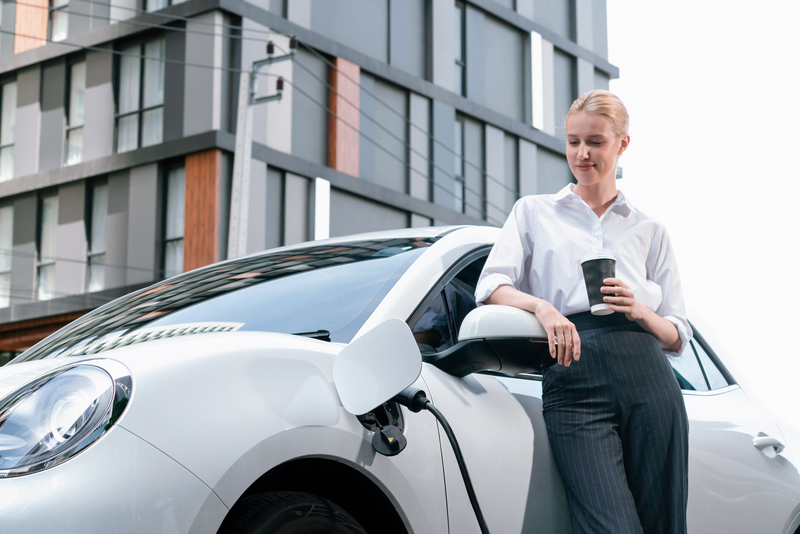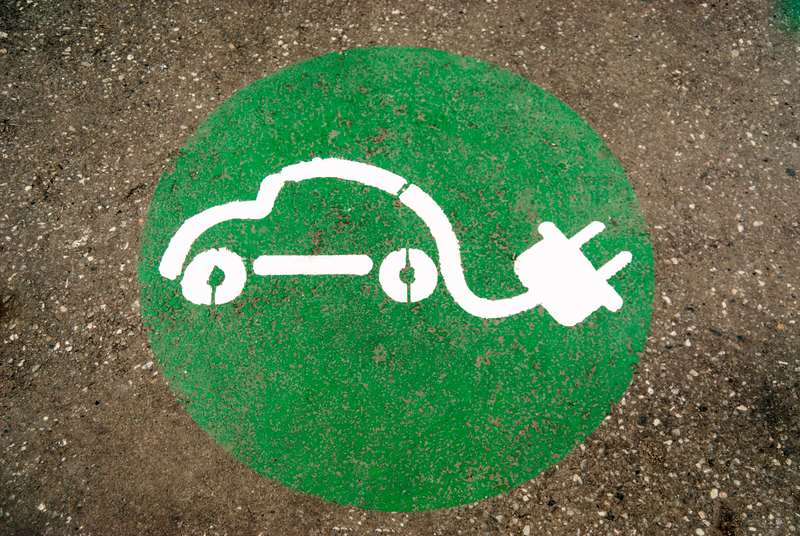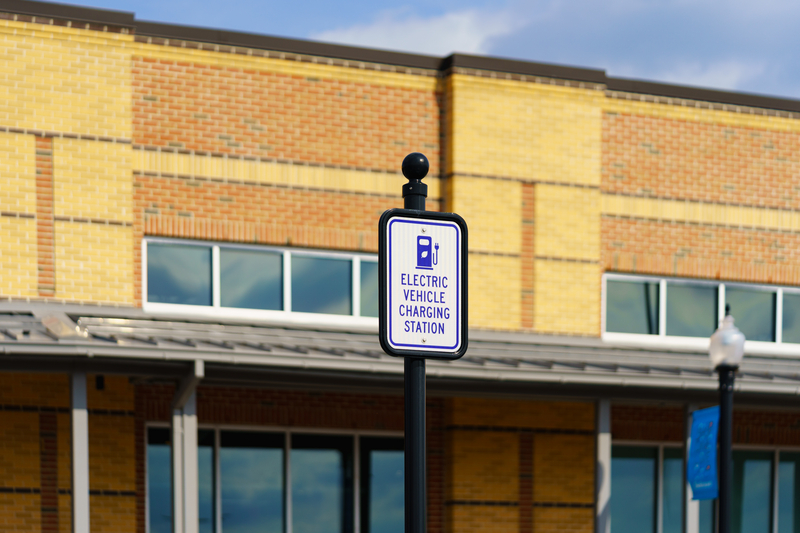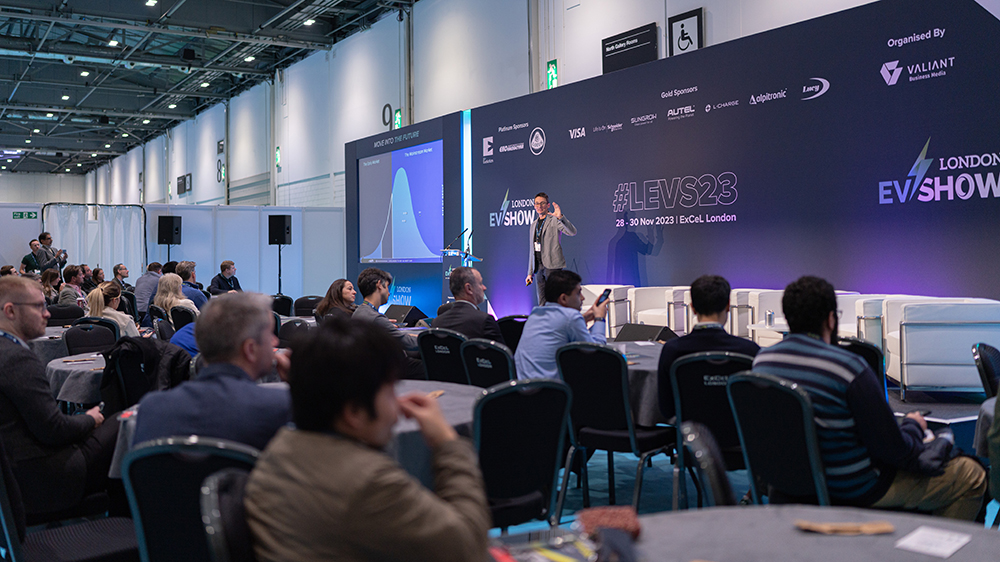
That is the view of Mike Weseloh, director, electrical contracting partnerships at GoPowerEV, which specialises in multi-family and workplace EV charging.
Speaking at the EV Charging 101 virtual event session on Building an EV Pricing and Ownership Model that Maximizes Revenue, he added: "The comments we get from property owners are that they do not want their property manager having anything to do with EV charging. That's the template we see developing."
In terms of funding sources for EV charging projects in the US, Andrew Linoes, VP clean energy & infrastructure advisory at Jones Lang Lasalle, says the initial US$5bn round of federal NEVI (National Electric Vehicle Infrastructure) program funding will be allocated to DC fast charging infrastructure along alternative fuel corridors.
He adds: "There is also a lot of state money out there for both fast charging and Level 2 charging, which is really location-specific."
Linoes says that another important source of potential funding is the make-ready programs offered by energy utilities across the US, which can reduce the cost of EV-charging infrastructure for customers or developers.
"They will provide and pay for the supporting infrastructure up to the pad where the charger is mounted," he adds. "Those programs can make or break the payback on some of these investments. Start from the top down but always make sure to check the local incentives as thoe can be super-helpful."
In addition to the funding from utilities, Noam Hameiri, chief strategy officer at real estate company DEELS Properties, highlights the usefulness of financial support for EV charging installations by US local authorities as well as the utilities.
He says: "The Los Angeles Department of Water and Power, for example, offers very generous rebates on Level 2 and DC fast charging. You can get up to US$5,000 per charger which should cover both the infrastructure and the charger itself. In essence you can setup an entire system with zero out-of-pocket."
Eric Broughton, CEO of smart EV charger company OK2Charge, says that no company working in the real estate scector and deploying charging infrastructure should go in the red in order to go green. "The key thing is to find an [EV charging] partner to work with as it's not the area of expertise on the real estate side," he adds.
"The second thing is that these funds are drying up very quickly, it's like trying to get tickets for a Taylor Swift concert. My recommendation is to try and do your return-on-investment without relying on those incentives."











